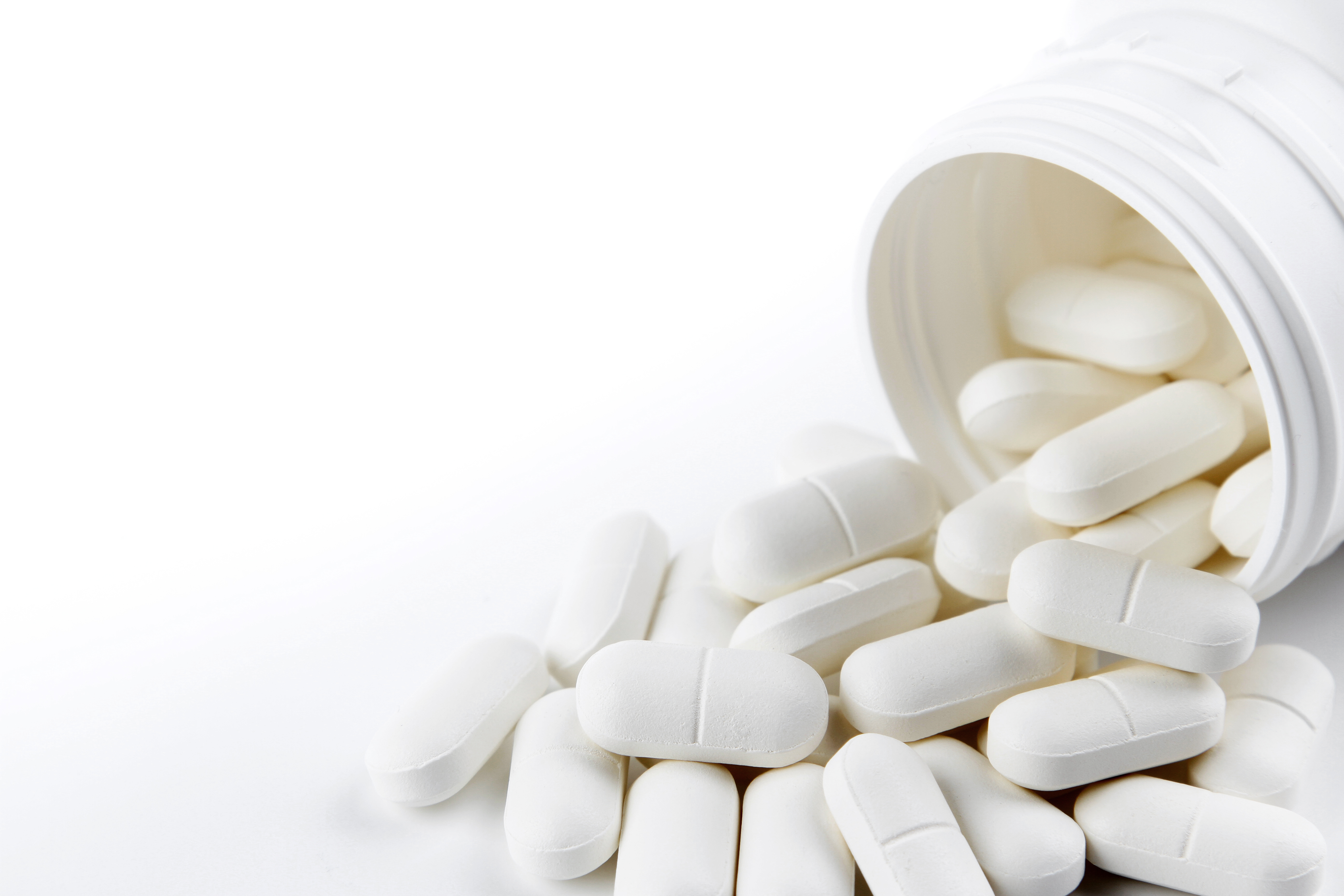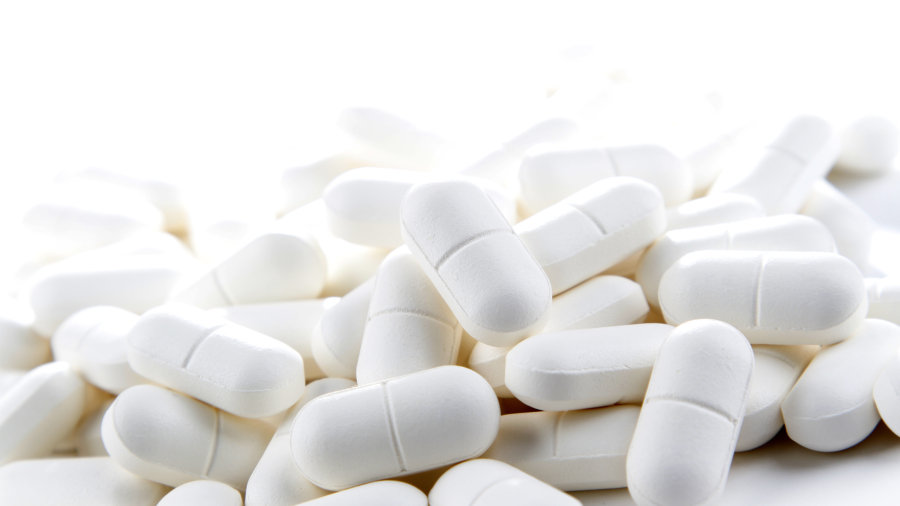INVOKANA® is a pharmaceutical for diabetics that blocks sugar from being absorbed into the bloodstream, and it is associated with devastating side effects. More than 1,000 lawsuits have been filed against drug makers Janssen Pharmaceuticals and Johnson & Johnson, which Janssen is a division of. INVOKANA® is a class of type 2 diabetes drug known as an SGLT2 inhibitor. The severe side effects it is associated with include an increased risk of lower-limb amputation, ketoacidosis, kidney injury, and Fournier’s gangrene, a destructive genital disease. Plaintiffs who have filed lawsuits claim that Janssen and Johnson & Johnson failed to provide adequate warning to patients about the severe side effects and potential hazards of taking INVOKANA®.
Proceedings were begun by Janssen in October 2018 for the establishment of a settlement fund for a majority of the 1,100 lawsuits that had been filed against the company.
Why Lawsuits are Being Filed Against INVOKANA®
The safety of taking canagliflozin, the active ingredient in INVOKANA®, has been called into question, as many taking the SGLT2 inhibitor have suffered increasing illnesses and some have died from related complications. The U.S. Food and Drug Administration (FDA) approved INVOKANA® in March 2013 amidst praise that it was a new class of SGLT2 inhibitors that would significantly help individuals with type 2 diabetes.
Thousands who have made legal claims reference the results of studies which were cited by the FDA, those being CANVAS and CANVAS-R studies. Based on the results, the drug makers failed to adequately warn consumers about known risks of taking INVOKANA®. Rather than warn diabetes patients, the medication was promoted for off-label purposes, such as reducing blood pressure, treating weight loss, and improving cardiovascular (CV) function.
Claimants say that they were denied the opportunity to make an informed decision about whether to take canagliflozin, since the proper warnings were not provided.
Severe Side Effects of taking INVOKANA®
INVOKANA® Causes Lower-Limb Amputations
Severe foot problems are symptoms of diabetes, a condition that causes poor circulation, peripheral arterial disease, and nerve damage. Partial or complete amputation of the feet is associated with diabetes. The FDA conducted a study which found that, over the course of one year, leg and foot amputations were required twice as often among people who took INVOKANA®, compared to diabetics who took a placebo, which is an inactive treatment. The most common of the amputations associated with taking INVOKANA® were the toe and middle of the foot. Sometimes, however, the amputations involved the leg, below the knee. Some patients had more than one amputation and some involved both limbs.
The FDA also found that the most common precipitating medical events leading to amputations were gangrene, lower limb infections, ischemia, and diabetic foot ulcers. Those who were most at risk for amputation were those with a baseline history of neuropathy, peripheral vascular disease, and a prior amputation.
An initial safety alert was released by the FDA in May 2016 in which the public was informed that taking INVOKANA® or Invokamet can increase the risk of needing a foot or leg amputation. Invokamet is a prescription medication that combines INVOKANA® and metformin in one pill. Metformin is in a different class of drugs used to treat diabetes and prediabetes.
Specific information about the two-fold increased risk of lower limb amputations being associated with taking INVOKANA®, as compared with diabetes patients who did not take the medication, was not required by the FDA as a black box warning to be added to the INVOKANA® label until 2017.
The alleged failure of Janssen to inform patients of the increased risk of amputation is the subject of many lawsuits against the company. The complainants seek compensation for pain and suffering caused by amputations, treatment costs, and other applicable expenses.
INVOKANA®, an SGLT2 Inhibitor, Causes Fournier’s Gangrene
Diabetics have an increased risk for developing a rare condition called Fournier’s gangrene, which is a life-threatening bacterial infection. The risk is increased when taking SGLT2 inhibitors. For males and females, the infection occurs in and around the genitals and can cause severe damage and death. The bacterial infection develops underneath the skin surrounding nerves, blood vessels, muscles, and fat of the perineum, which is the area between the anus and the genitals. The way the bacteria enters the body is typically through a break or cut in the skin. The condition spreads quickly and destroys the affected tissue.
In the five years ending May 2018, the FDA identified a dozen cases of Fournier’s gangrene in patients taking an SGLT2 inhibitor. There may have been more instances of diabetics suffering from the condition because the 12 cases were reports found in medical literature and submitted to the FDA. Among the 12 were five women and seven men. Within a few months of the patients taking an SGLT2 inhibitor, Fournier’s gangrene developed. In most instances, the patients stopped taking the medication. All of the 12 were hospitalized, some required surgery, and some required surgeries that were disfiguring. Some of the patients had multiple disfiguring surgeries. Among some of those, complications occurred, and one of the patients died.
By comparison, a previous 30-year review of antidiabetic drug classes identified only six cases of Fournier’s gangrene, all of which were in males.
Any patient with diabetes, whether taking an SGLT2 inhibitor like INVOKANA® or not, should immediately seek medical treatment if experiencing any of the following symptoms in the area of the genitals, particularly when combined with a fever above 100.4◦ F or generally feeling unwell:
- Redness
- Tenderness
- Swelling of the perineum (area between the genitals and rectum)
INVOKANA® can Trigger Diabetic Ketoacidosis
Diabetic ketoacidosis is a potentially deadly condition and another serious medical risk associated with taking INVOKANA®. When ketone levels in the body rise too high, diabetic ketoacidosis occurs. Ketones are produced when glucose can’t be used by the body’s cells as a source of energy, and the body begins to break down fat. Acid levels in the blood also rise too high. When these conditions are present, it doesn’t take long for life-threatening diabetic ketoacidosis to occur.
The following are symptoms of diabetic ketoacidosis:
- Increased need to urinate
- A feeling of burning when urinating
- Intense thirst
- Fatigue
- Nausea
- Abdominal pain
- Shortness of breath
- Fruit-smelling breath odor
Advanced symptoms of diabetic ketoacidosis include:
- Vomiting
- Difficulty breathing
- Confusion
- Fainting or dizziness
- Unconsciousness
In May 2015, the FDA issued a warning about the risk of developing ketoacidosis when taking SGLT2 inhibitors. In a review of the FDA Adverse Event Reporting System (FAERS) database during a five-year period ending May 2015 involving patients with type 1 or type 2 diabetes treated with SGLT2 inhibitors, the FDA identified 73 cases of ketoacidosis. There may have been additional cases that were not reported to the FDA. Among the 73 patients, all of them required emergency department treatment or hospitalization. Treatment of ketoacidosis was delayed in some of the cases because the blood glucose levels were below expectations for a patient suffering from diabetic ketoacidosis.
The FDA issues another warning on December 4, 2015, saying, among other things, that ketoacidosis is a serious condition and patients taking an SGLT2 inhibitor should immediately stop taking the medication and seek medical attention, if suffering from symptoms of ketoacidosis.
Taking INVOKANA® can Lead to Kidney Failure
In an FDA Safety Announcement dated June 14, 2016, an existing warning about the risk of acute kidney injury (renal failure) when taking certain type 2 diabetes medications, including INVOKANA®, was strengthened. Warnings on drug labels were revised to include information about the risk and recommendations for minimizing the danger. Acute kidney injury is a serious condition in which dangerous levels of wastes build up in the body because the kidneys suddenly stop working.
The FDA advised patients to immediately seek medical treatment if they experience signs and symptoms associated with acute kidney injury, such as the following:
- Decreased urine
- Swelling of feet or legs
From March 2013, the time canagliflozin was approved, through October 2015, reports were submitted to the FDA regarding 101 confirmable cases of kidney failure. Some of the patients required hospitalization and dialysis. About half of the patients said renal failure occurred within 1 month of taking canagliflozin (INVOKANA®) or dapagliflozin. Most said they improved after they stopped taking the medication. Some of the patients were younger than 65 years of age. Some had low blood pressure, were dehydrated, or were taking other medications that have an effect on the kidneys. Patients who already have a kidney disease were warned by the FDA in a 2016 report that they have an increased risk of death when taking INVOKANA®.
Taking INVOKANA® can Lead to Acute Pancreatitis
Acute pancreatitis is a serious and sometimes fatal inflammation of the pancreas, and the condition has been identified as one of the potential side effects of taking INVOKANA®. Gallstones or alcoholism have typically been the causes of acute pancreatitis. Two studies conducted in 2016 found that patients had developed acute pancreatitis after taking INVOKANA® for a short period of time. In one case, the patient had only taken the diabetes medication for four days.
Statistics show pancreatitis is fatal for 1 in 10 patients who develop the condition.
INVOKANA® is Linked to Heart Disease
It was suggested in early studies that one of the side effects experienced by taking INVOKANA® is heart disease. Among the 15-members on the FDA approval panel, 8 of them expressed concern over clinical data linking the medication to an increased risk of having a heart attack.
Federal and State Invokana Lawsuits
The majority of federal lawsuits against INVOKANA® have been placed in the U.S. Court for the District of New Jersey for multidistrict litigation (MDL) under MDL 2750.
Depending on factors such as a state’s laws, plaintiffs sometimes have a better chance at receiving compensation in an INVOKANA® lawsuit from state courts. Pennsylvania is the state with the most INVOKANA® lawsuits. The statutes of limitations are important considerations, in state court litigation. Individuals must file lawsuits within a state’s deadlines or risk losing the legal right to seek compensation.
INVOKANA® Verdicts and Settlements
There are currently no known verdicts on lawsuits filed in connection with INVOKANA®. Details of the October 2018 settlement fund for lawsuits filed against Janssen Pharmaceuticals are confidential, and full details were still in negotiation as of November 2018.
Compensations Available in INVOKANA® Lawsuits
INVOKANA® lawsuits are drug-related product liability cases. Legal compensation a person may be entitled to depends on the individual’s unique experience. Judges and juries consider things such as:
- How long did the individual suffer from side effects of taking the medication?
- What are the total costs to the patient and his or her family for treatment of side effects?
- As a result of taking the drug, has the individual suffered any type of disability, whether temporary or permanent?
Some of the damages sought in INVOKANA® cases include:
- Medical Costs
- Loss of Income
- Loss of Companionship
- Pain and Suffering
- Funeral Expenses
Contact the Johnston Law Group
Lorem ipsum dolor sit amet, consectetur adipiscing elit. Ut elit tellus, luctus nec ullamcorper mattis, pulvinar dapibus leo.
The Johnston Law Group offers experienced nationwide representation and specializes in representing people who have been seriously harmed by the actions of others, including injuries caused by dangerous drugs and medical devices.
Attorneys with the Johnston Law Group have been involved in some of the nation’s most high-profile personal injury cases. If you or a loved one have been harmed by taking INVOKANA®, contact us at the Johnston Law Group. Call toll-free today at (844) 464-0062.
Resources:
https://www.fda.gov/Drugs/DrugSafety/ucm557507.htm
https://www.fda.gov/Drugs/DrugSafety/ucm617360.htm
https://www.fda.gov/Drugs/DrugSafety/ucm475463.htm
https://www.fda.gov/Drugs/DrugSafety/ucm505860.htm
https://drugsafetynews.com/2016/12/13/invokana-sglt2-inhibitors-linked-acute-pancreatitis/
Written by:

Stephanie McHugh
Stephanie McHugh is a professional writer who specializes in legal articles, technical blogs, and website copy. She is a former Official Court Reporter for a District Court in Houston, Harris County, Texas; newspaper columnist; and teacher. Stephanie is a professional writer with extensive experience reporting on health-related topics for publication. She developed an interest in health-related litigation as a court reporter while taking depositions for a class action lawsuit. Through her writing, she has been glad to help raise awareness about public health threats, to benefit victims.

Get a Free INVOKANA®
Case Review
Case Review
If you are one of the thousands of people who have experienced bleeding after taking INVOKANA®, you may be eligible to receive a compensation.


